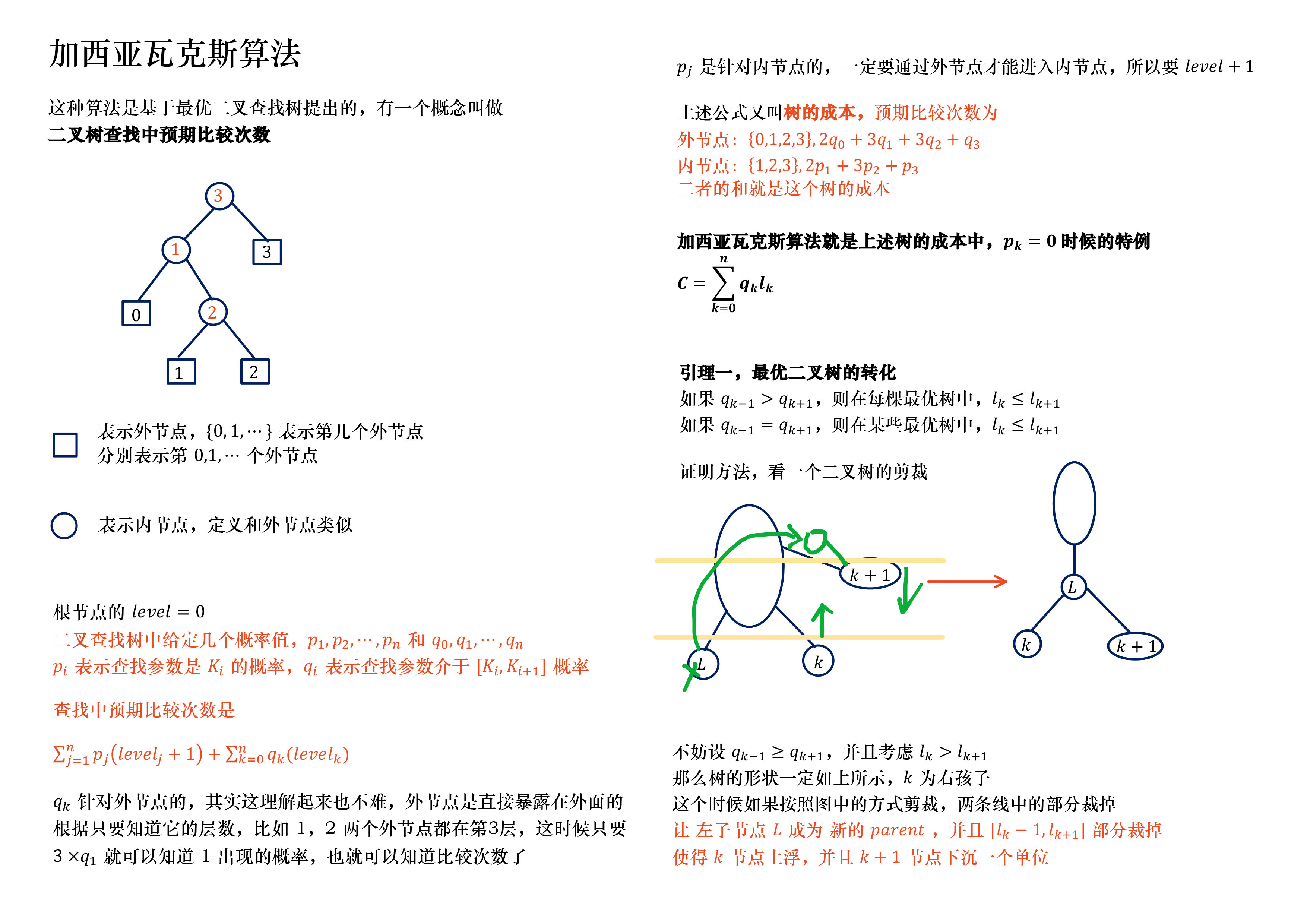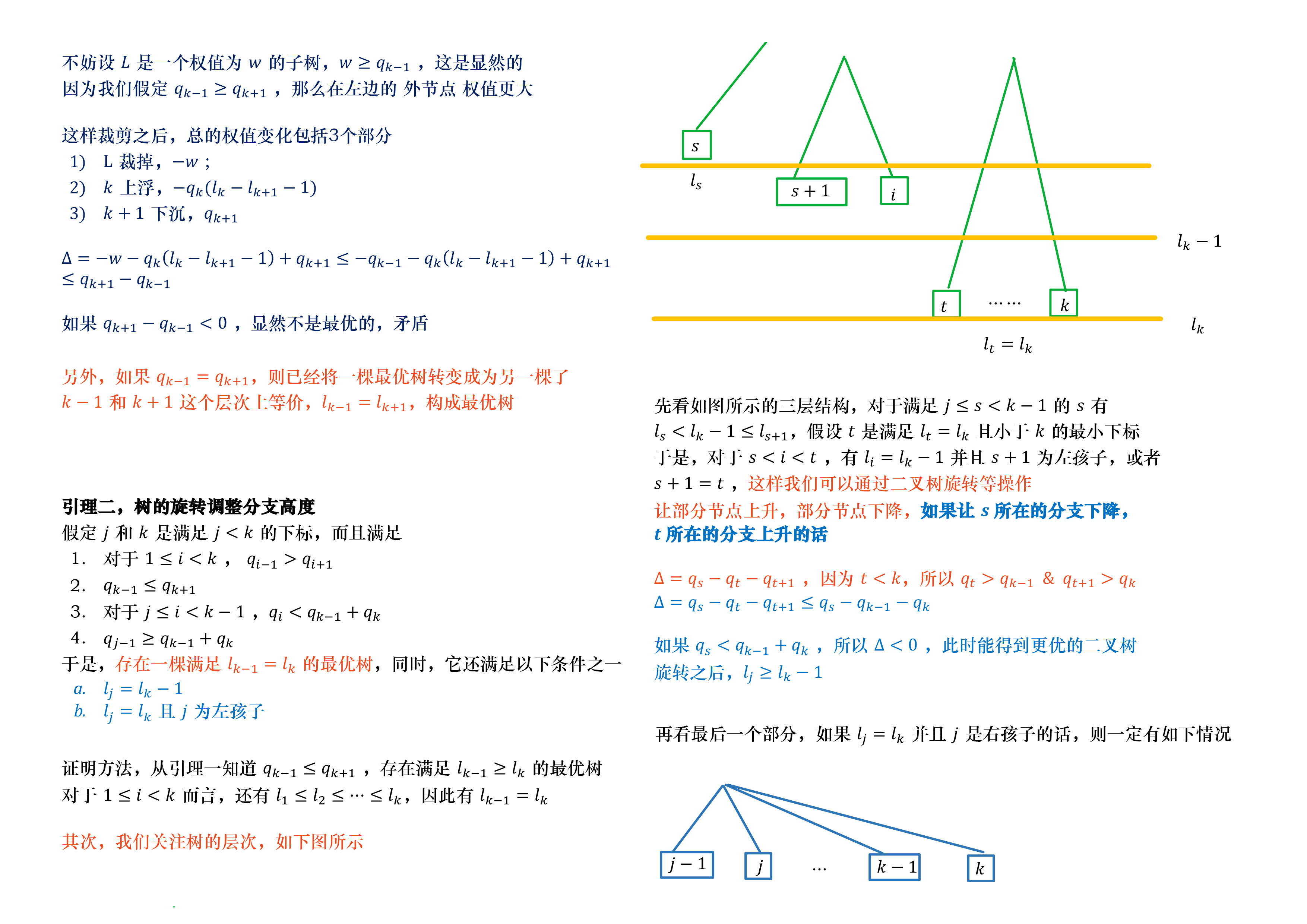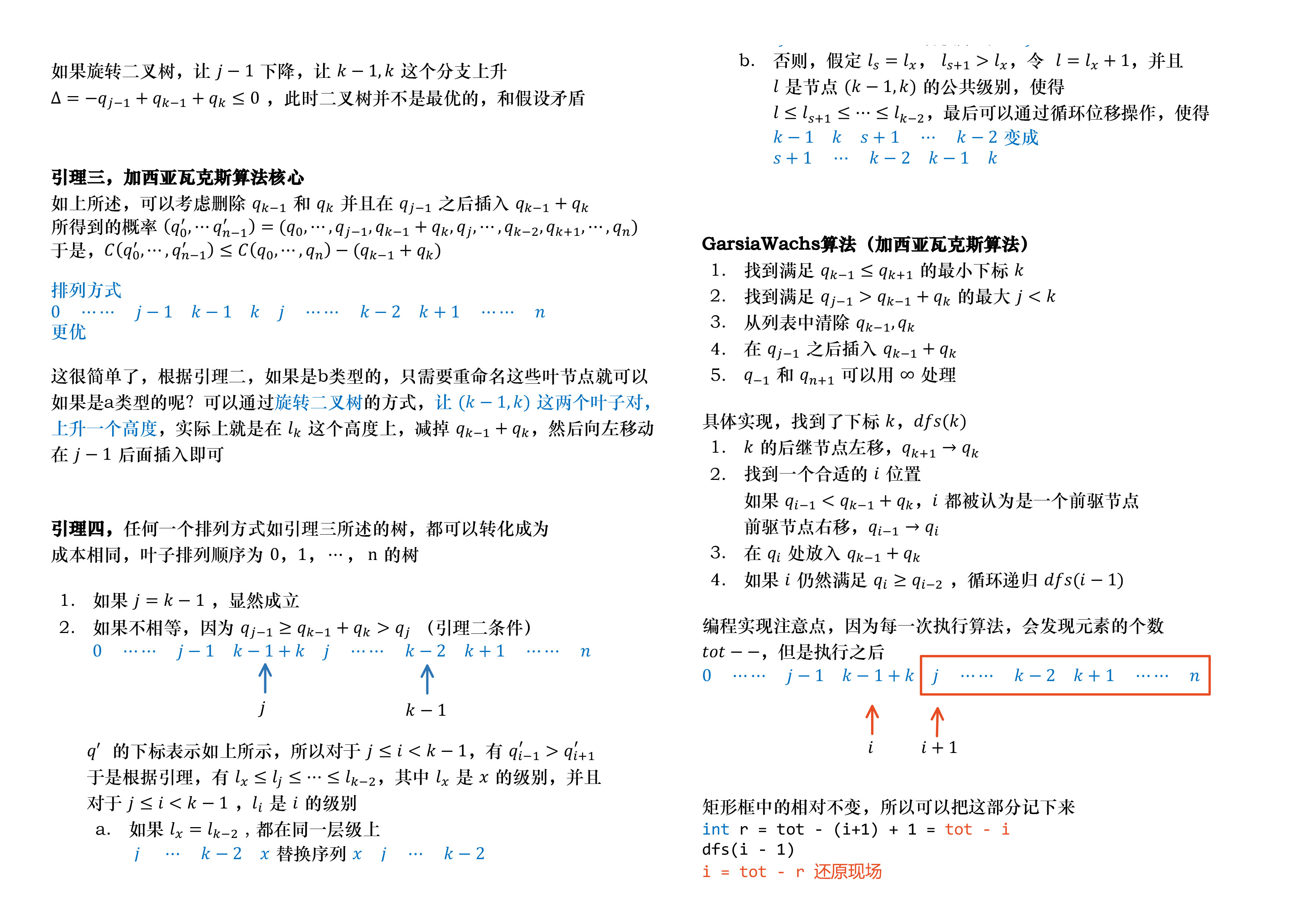加西亚瓦克斯算法



#include <iostream>
#include <cstdio>
#include <cstring>
#include <cstdlib>
#include <algorithm>
#include <queue>
#include <vector>
#include <stack>
#include <map>
#include <set>
#include <sstream>
#include <iomanip>
#include <cmath>
#include <bitset>
#include <assert.h>
using namespace std;
typedef long long ll;
typedef set<int>::iterator ssii;
#define Cmp(a, b) memcmp(a, b, sizeof(b))
#define Cpy(a, b) memcpy(a, b, sizeof(a))
#define Set(a, v) memset(a, v, sizeof(a))
#define debug(x) cout << #x << ": " << x << endl
#define _forS(i, l, r) for(set<int>::iterator i = (l); i != (r); i++)
#define _rep(i, l, r) for(int i = (l); i <= (r); i++)
#define _for(i, l, r) for(int i = (l); i < (r); i++)
#define _forDown(i, l, r) for(int i = (l); i >= r; i--)
#define debug_(ch, i) printf(#ch"[%d]: %d\n", i, ch[i])
#define debug_m(mp, p) printf(#mp"[%d]: %d\n", p->first, p->second)
#define debugS(str) cout << "dbg: " << str << endl;
#define debugArr(arr, x, y) _for(i, 0, x) { _for(j, 0, y) printf("%c", arr[i][j]); printf("\n"); }
#define _forPlus(i, l, d, r) for(int i = (l); i + d < (r); i++)
#define lowbit(i) (i & (-i))
#define MPR(a, b) make_pair(a, b)
const int maxn = 50000 + 5;
int N, tot;
ll ans, a[maxn];
void init() {
tot = 1;
ans = 0;
}
void dfs(int k) {
ll tmp = a[k] + a[k - 1];
ans += tmp;
tot--;
// for successor, move right
_for(i, k, tot) a[i] = a[i + 1];
// for pre, while a[i - 1] < tmp, move left
int i = 0;
for(i = k - 1; i >= 1 && a[i - 1] < tmp; i--) a[i] = a[i - 1];
a[i] = tmp;
while (i >= 2 && a[i] >= a[i - 2]) {
int r = tot - i;
dfs(i - 1);
i = tot - r;
}
}
void GarsiaWachs() {
_for(i, 0, N) scanf("%lld", &a[i]);
_for(i, 1, N) {
a[tot++] = a[i];
while (tot >= 3 && a[tot - 1] >= a[tot - 3]) dfs(tot - 2);
}
while (tot > 1) dfs(tot - 1);
printf("%lld\n", ans);
}
int main() {
freopen("input.txt", "r", stdin);
while (cin >> N && N) {
init();
GarsiaWachs();
}
}

